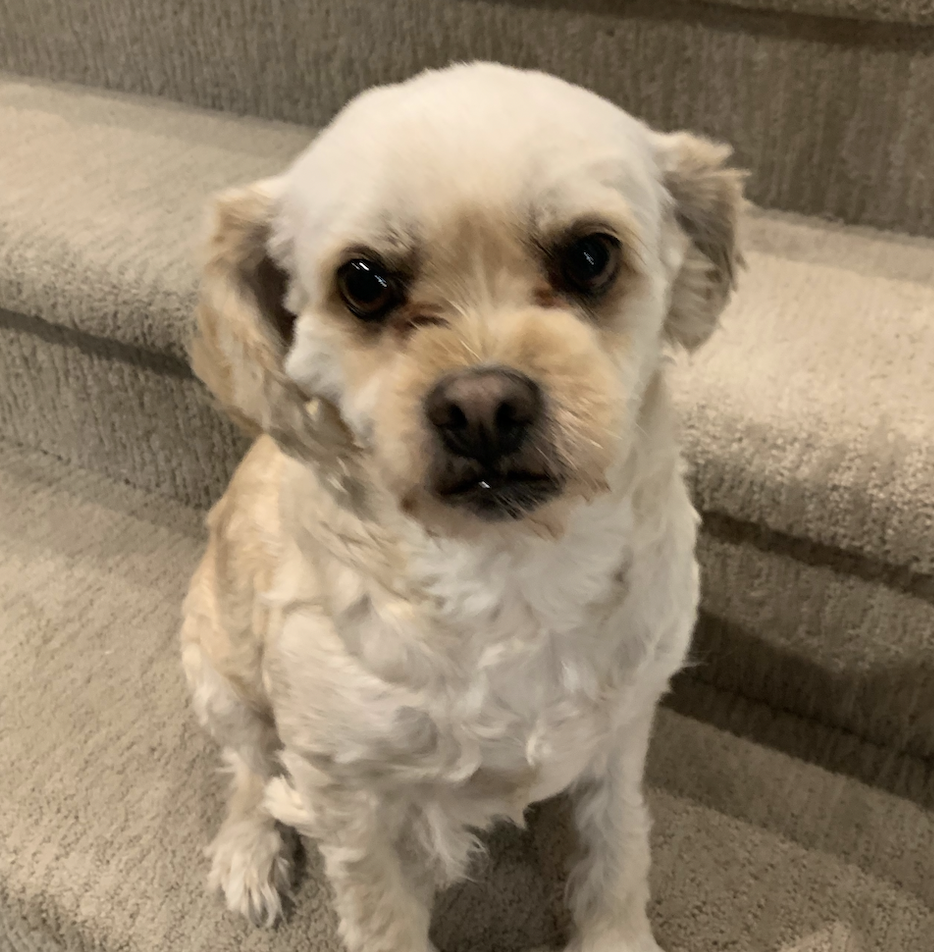Week 15 - Final Presentation + Final Reflection
Other Groups + Preparing for our Presentation
Lucide & Oppia Presentations
Two of the groups that really stood out to me this week were Lucide and Oppia. I found their contributions particularly interesting because they highlighted just how diverse and dynamic open source work can be.
For instance, some contributors to the Lucide project focused on adding Figma files of the icons themselves. That was surprising and exciting to see—contributions weren’t just code-based, but also centered on design assets that help developers and designers alike. This made me realize how valuable non-code contributions can be in the open source ecosystem.
On the other hand, some contributors working on Oppia were focused on language translations. This kind of work plays a huge role in making projects more accessible and inclusive to people around the world. It reminded me that even tasks that might seem “small” at first glance can have a big impact on the overall user experience and reach of a project.
What really caught my attention, though, was the difference in tone and behavior from some of the maintainers—particularly in the Lucide group. At times, their responses came across as a bit dismissive or ungrateful, which was surprising given the effort people were putting into helping their project grow. It reinforced a really important lesson: when contributing to open source, the community’s attitude and openness matter just as much as the codebase itself. Finding a community that is welcoming, appreciative, and respectful can make all the difference in a contributor’s experience.
Presentation & Reflection on the Semester
This final week, I was able to successfully submit two pull requests to the website repository! The first one involved editing the icon on the webpages to improve readability for users. The second addressed a stagnant figure by updating the total number of contributors to reflect the most recent data. I’m really glad that I was finally able to make a code contribution—this experience taught me a lot about navigating larger codebases and understanding how to make small, impactful changes.
Earlier this week, we also gave our final presentation, where we shared reflections and insights from the semester. Overall, I’m very grateful for this learning opportunity. That said, if I were to start the semester over, I’m not sure I would choose The Odin Project again. While it was a great beginner-friendly repository with relatively approachable issues, it often felt like there weren’t many opportunities to make truly meaningful contributions.
Still, I learned a great deal—from writing my first pull request to understanding how to communicate with maintainers and work within a collaborative environment. These are skills I know I’ll carry with me into future open source work.
